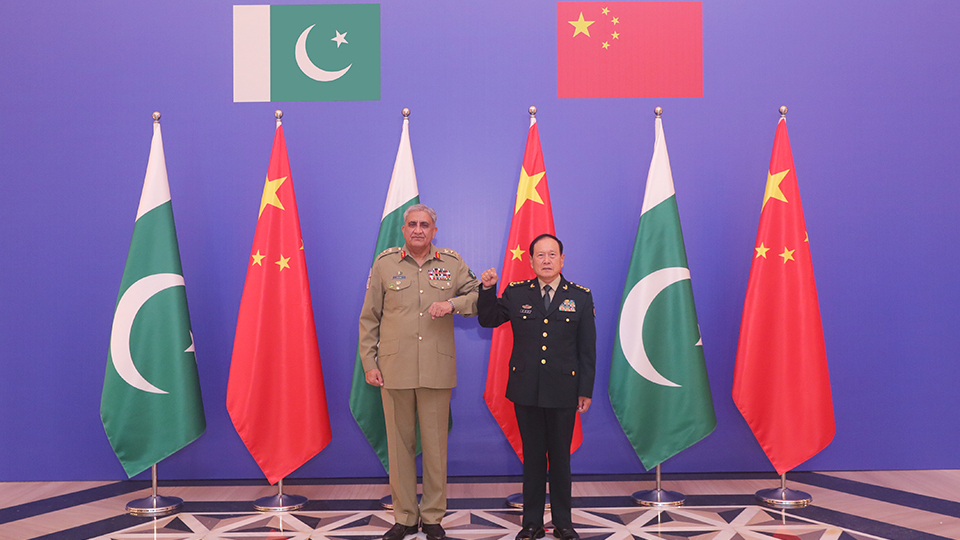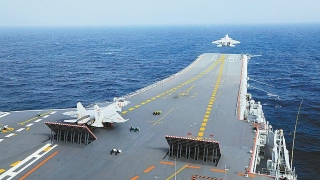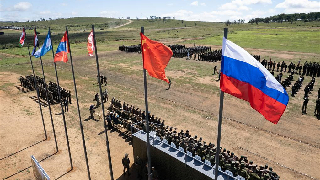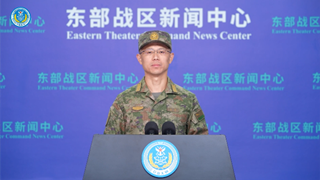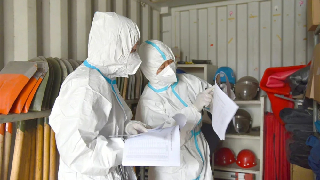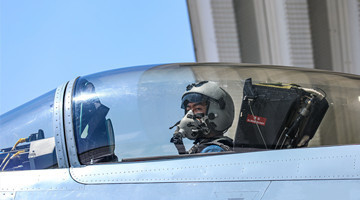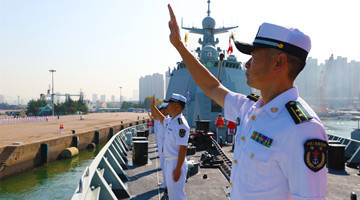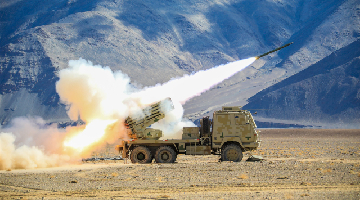By Gao Qiao
Recently, the discharge of toxic substance by the US military base stationed in Japan has once again triggered protests from the Japanese people. Yokosuka City, Kanagawa Prefecture, Japan recently announced that excessive organic fluorides were detected in the wastewater discharged from the US Yokosuka Naval Base in Japan. Mayor Katsuaki Uechi of Yokosuka City lodged strong protests against the US military in this regard. As of now, the US military has not given any reason for this.
It is not uncommon for the US naval base in Japan to discharge toxins without consulting with the Japanese side nor gaining the consent of the local people settled nearby. In August 2021, the US Marine Corps Air Station Futenma in Okinawa Prefecture in Japan arbitrarily discharged about 64,000 liters of organic fluorine-containing sewage without prior consent from the Japanese side; in January 2016, the Okinawa Prefecture government detected a high concentration of organic fluorides in the water source near the US Kadena Air Base, but the Japanese side had no right to enter the base to investigate, and the US side has refused to publicly admit its responsibility and refused to be investigated...
The US military tends to respond with "no explanation", "no acknowledgment" and "no apology" on the toxin discharge to the Japanese public protests, posing a posture of defiant arrogance. Why do the US troops stationed in Japan dare to discharge toxins frequently? The root cause lies in the privileges enjoyed by the US military stationed in Japan.
In 1952, Japan and the US signed the administrative agreement, which stipulated that the US military courts have exclusive authority over all crimes committed by the US military and related personnel stationed in Japan. The "extraterritoriality" enjoyed by the US military stationed in Japan, that is, under no legal restriction from the Japanese laws, has remained through several revisions of the agreement later. For decades, the US military stationed in Japan has been notorious for causing various problems such as environmental pollution, committing crimes, and racial discrimination.
According to the statistics by the Okinawa prefectural police, the number of crimes committed by the US military and related personnel stationed in Okinawa reached more than 6,000 from 1972 to 2020, including murder, robbery, arson and rape in nearly 600 cases. During the COVID-19 epidemic, the US military stationed in Japan refused to abide by the restrictions set by Japan's epidemic prevention regulations, which caused the spread of the epidemic around the US base, and sparked public protests many times as a result. For a long time, the US troops stationed in Japan have been under disorganized management and the lack of control and supervision. However, the Japanese people have to pay for it. The toxin discharge by the US military stationed in Japan is but an epitome of the US military's overbearing behavior on many overseas military bases. The US military stationed in the ROK once discharged sewage, beat up the local civilians, committed drunk driving and triggered accidents, and ignored epidemic prevention measures, all having sparked public protests; the US military stationed in Italy killed an Italian teenager with drunk driving; American soldiers smuggled drugs into Australia... A review report released by the US Department of Defense in 2022, shows that some US military bases stationed both in the US and abroad have had a higher risk of various misconducts, and these illegal acts have been closely related to the dereliction of the military bases’ leadership.
An Australian commentator said that the US troops stationed abroad tend to override the laws of the host countries, and never get punished, which has made the US military personnel get accustomed to being superior to others and domineering in action. Some media pointed out that the US military stationed abroad has, in fact, frequently created “security problems”, though claiming to provide a “security guarantee” for its allies.
Editor's note: Originally published on haiwainet.cn, this article is translated from Chinese into English and edited by the China Military Online. The information and opinions in this article do not necessarily reflect the views of eng.chinamil.com.cn.
